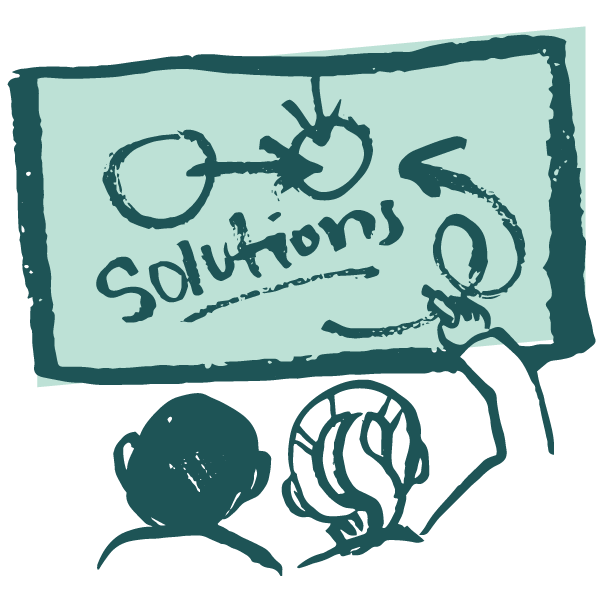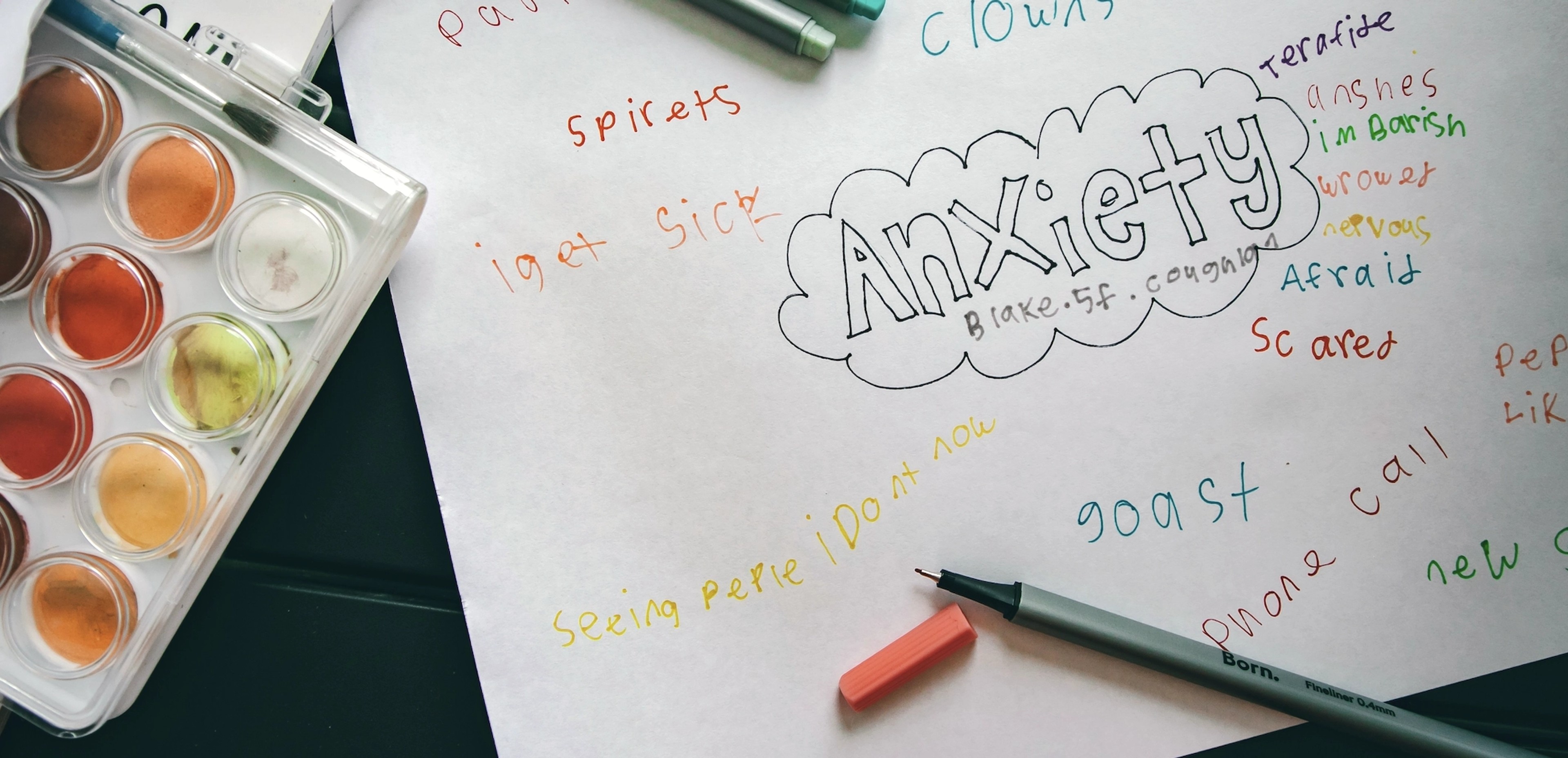Becoming an evidence-based intervention
In today’s world, information is available at our fingertips. We have access to a variety of interventions, treatments, and solutions. With such a wealth of options, it's easy to feel overwhelmed. One key-factor to consider when choosing which interventions would be best, is evidence. Evidence-based interventions are those grounded in rigorous research, supported by
empirical data, and systematic evaluation.

Evidence-based practices are about integrating the best available evidence. This highlights that different interventions will be best for different people or different contexts. By relying on robust research findings, we can make informed decisions in choosing which intervention to use, in order to maximize the likelihood of success, which can help reduce the potential for harm. Additionally, evidence-based practices help allocate resources efficiently by directing investments towards interventions that have been proven to be efficient. Prioritizing interventions backed by evidence is particularly important in fields such as public health and education, where resources are often scarce.

Furthermore, the research involved in evidence-based interventions does not always stop at establishing initial efficacy. Through systematic evaluation and feedback, we can continuously improve interventions, by adjusting them to better meet evolving needs and preferences of the population, and therefore staying effective and relevant to users.
With this in mind Fledge is committed to becoming an evidence based Platform!

The ongoing research project has two parts, aiming to evaluate the platform’s effectiveness. Parents of fledglings are invited to participate. The first part is examining how using the Fledge platform impacts some of children’s mental health indicators over time. Using longitudinal data, children’s (1) ability to implement Fledge strategies to manage and express feelings, (2) stress and anxiety, (3) focus and attention, (4) social interactions, and (5) overall mental health are examined over a few months. This data will be used in conjunction with demographic information.

Through various statistical analyses, the conditions in which the Fledge platform is most effective will be better understood. The second part of the research project will focus on fledgling parents completing interviews to better understand how participants are using the platform, what functions are liked and disliked, and a more in-depth understanding of the impacts of the Fledge platform on children and families’ well-being.
We need your help!

We are currently still in the process of completing the research project. If you are a parent with children ages between 5 to 9, and are currently living in Alberta, Canada, and are interested in participating in one or both parts of the research project, please visit the Fledge website for more information. The research component on the Fledge platform is led by a research team affiliated with the University of Calgary and has received ethic approval.


